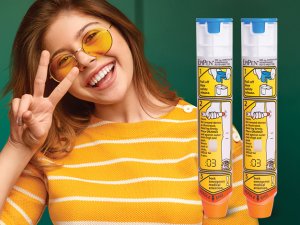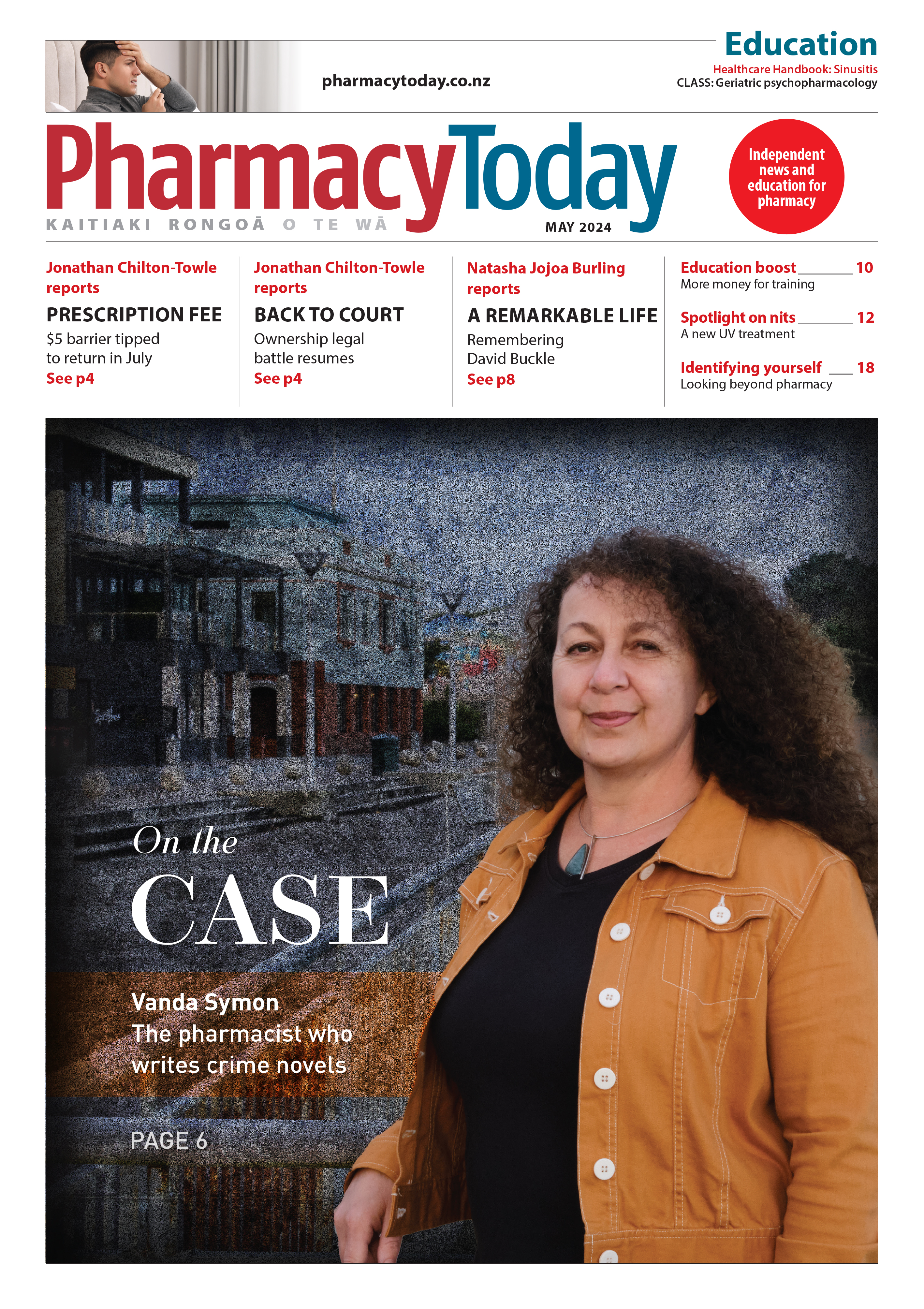This article, written by Sidhesh Phaldessai, provides an overview of geriatric psychopharmacology, including the epidemiology of mental health disorders in the older population, the physiological changes that occur with ageing and their impact on pharmacokinetics and pharmacodynamics, and the use of psychotropic medications in older adults
New Sustainability Initiative to Reduce Barriers to Facemask Recycling
New Sustainability Initiative to Reduce Barriers to Facemask Recycling
With changes to mask mandates pending, a new sustainability initiative, designed to prevent PPE from entering the waste stream and marine environment, has launched to help address barriers to the recycling of used facemasks.
The initiative is believed to be the first manufacture to end-of-life recycling programme for masks in New Zealand.
An estimated three million facemasks are used globally each minute with 129 billion masks entering the waste stream every month.
The majority of disposable facemasks used in New Zealand are made from polypropylene, a form of plastic known as #5 in the recycling scheme. Despite increasing demand from NZ manufacturers, recycled polypropylene is still being sent offshore or to local landfills.
The not-for-profit programme launched by the country’s largest facemask exporter will address a number of logistical and cost barriers faced by consumers and corporates in the collection and disposal of used facemasks.
Under the nationwide initiative, households and businesses can request a free postage-paid courier bag to collect their masks and send them to an Auckland facility where they will be quarantined before being manually sorted into recycling categories.
Any disposable masks made from polypropylene will be upcycled into BioGro certified fenceposts for the domestic and export markets, while fabric masks which use natural filters made from wool and other cloth materials will be dissembled to support composting of their components in a separate programme.
Kenneth Leong, MEO co-founder, says while the technology exists to recycle masks, most end up in landfill or in the environment where they can break down into smaller particles or microplastics.
He says the new programme will cost the company around $50,000 annually and will be brand and material agnostic - facilitating the recycling of any mask, regardless of its manufacturing source or where it was purchased from.
“What we know is that since the onset of the pandemic disposable PPE has rapidly contributed to a growing environmental issue.
“While the initial focus has been on protecting the health of our population, we need also to find long term ways to prevent microplastics from impacting the health of our planet.
“Our belief is that we can support this by making it easier to channel waste materials such as masks into recycling programmes.
“Consumers are generally supportive of moves to reduce their burden of their consumption on environment however in many cases will need assistance to make this as easy as possible.
“The new programme we are launching will make it easier to collect and recycle these products by providing a free collection service for this form of waste,” he says.
Leong says while the first stage of the initiative will support the door-to-door collection of used masks, they want to expand the programme to include physical collection points.
“If we look at the soft plastic recycling collection model in supermarkets, we know that many consumers have integrated their recycling into their shopping routine.
“We are currently looking for national retail partners with a brick-and-mortar presence who can help us expand the programme to meet the needs of this segment of the market.
“By making it easier and removing cost barriers for consumers we can make recycling your mask just as convenient as putting your milk container out at the gate - it is really about changing the cultural norms around the reuse of PPE - making it just as easy to recycle a product as it is to buy a new one,” he says.
Leong says the free recycling collection initiative is open to consumers and businesses and can be accessed anywhere in New Zealand by delivering used masks to the Auckland based mask recycling plant.
He says MEO will provide free postage-paid courier bags for customers and members of the public to support the return of end-of-life facemasks - which can be requested through their website, meoair.com.





